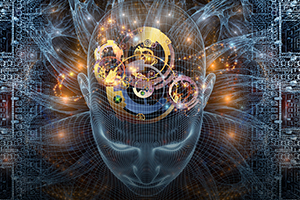Self-Duplicating AI

Researchers recently published a novel method for creating artificial intelligence (AI) that evolves on its own. This concept of self-duplicating programs is sometimes referred to as a “quine” in the computing world, and when applied to neural networks, it would allow AI agents to not only improve but to create new versions of themselves through deep learning.
The new method exploits one of the greatest strengths of neural networking — predicting patterns. Current systems use individual components to perform specific tasks, then compare the data across many layers. The network improves over time by combining the knowledge generated by each agent over multiple iterations. In the newly proposed system design, agents within the neural network predict what they will look like once they’ve learned new information and create new versions of agents based on the results. So instead of needing to program layer upon layer of data, it’s done automatically.
All of this raises some important questions about creating a system that, since it’s not under any direct control, could eventually be resistant to future efforts to delete it or scale it back. Clearly, the full impact of such technology warrants further research.
For information: Oscar Chang, Columbia University, Computer Science Department, 500 West 120th Street, New York, NY 10027; phone: 212-939-2040; email: Oscar.chang@columbia.edu; website: https://arxiv.org/pdf/1803.05859.pdf